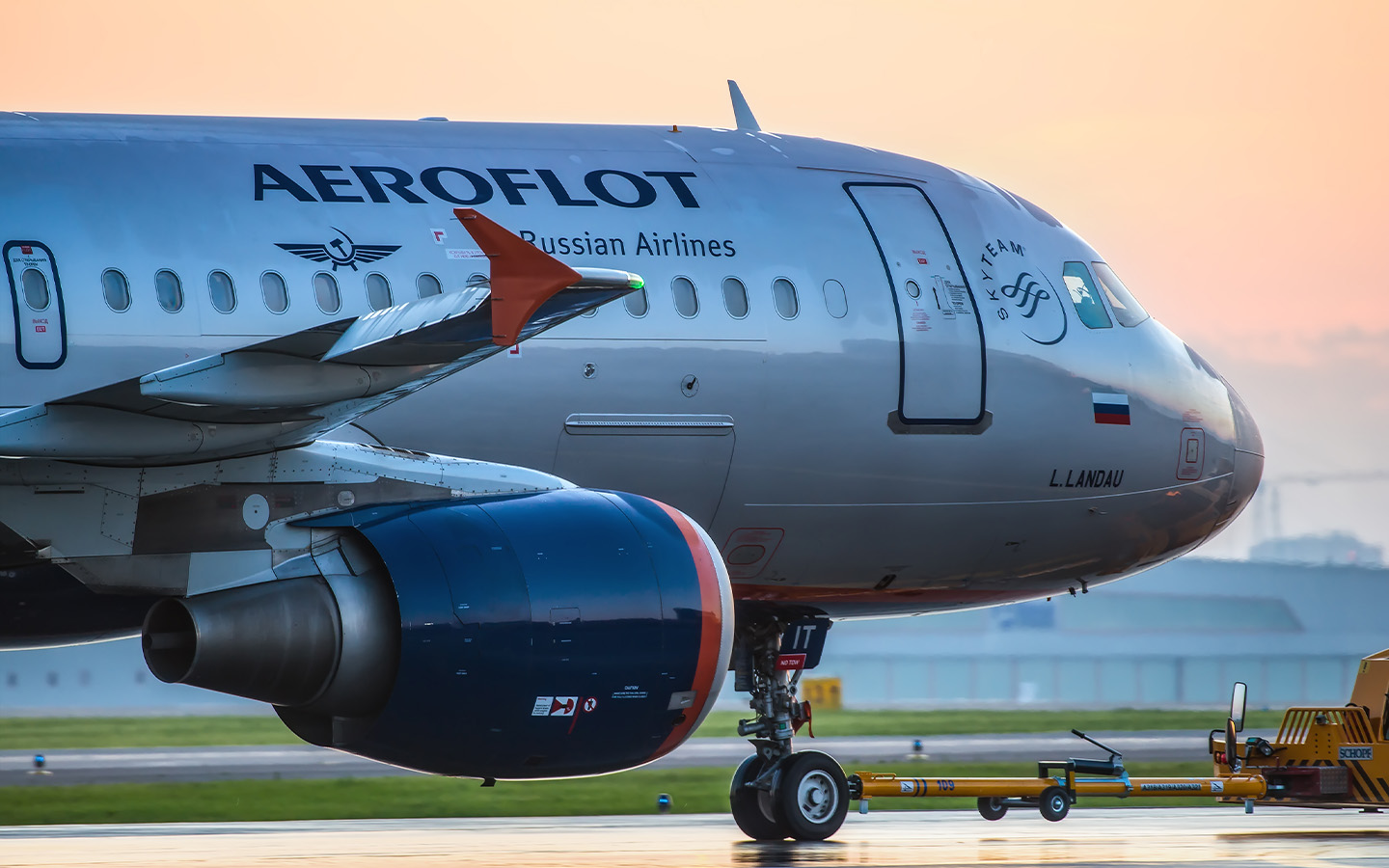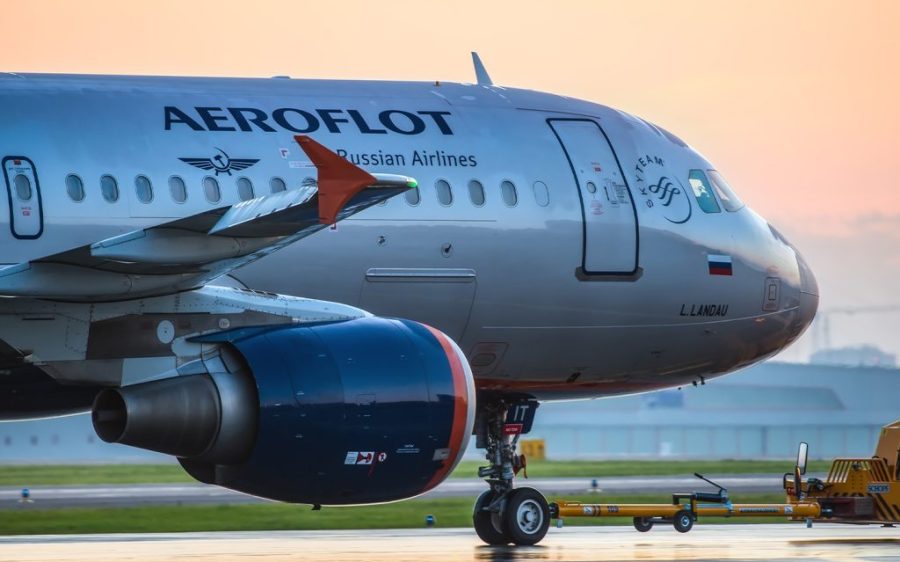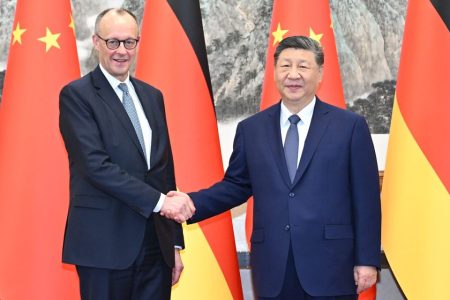China’s new visa-free policy for Russian citizens appears fuelling a sharp rise in travel and business opportunities, as companies and travellers move quickly to take advantage of simplified entry procedures, China Daily reports.
The one-year pilot scheme began on 15 September and is much like the schemes put in place for citizens of dozens of other countries over the past two years. It allows holders of ordinary Russian passports to enter China without a visa for stays of up to 30 days for tourism, business and family visits. The policy is set to run until 14 September 2026.
Industry data shows immediate results. Within 30 minutes of the announcement, flight searches from Moscow to China nearly doubled, according to Chinese travel platform Qunar. Beijing ranked as the top destination, with fares averaging 1,415 yuan (US$199).
Travel between Russia and China had already been climbing, with Aeroflot, Russia’s national carrier, reporting a 34 percent rise in passenger traffic in the first eight months of this year, surpassing 660,000 travellers.
The airline said bookings surged again after the visa-free policy took effect, and that it plans to expand its China routes. Direct flights currently link Moscow with Beijing, Shanghai, Guangzhou and Sanya, with Hong Kong services having resumed in early October.
[See more: China’s visa-free policy has successfully sparked a tourism surge]
The travel boom reflects broader economic enthusiasm. Russian business leaders say visa-free access removes major barriers, allowing more face-to-face meetings, trade shows, and joint projects. Russian business consultancy Sinoruss, meanwhile, reported that corporate travel to China rose 27 percent in the first half of 2025 – with most trips linked to the energy, high-tech, and manufacturing sectors.
Pavel Titov, president of Russian wine producer Abrau-Durso, told China Daily that frequent visits to China would help deepen business relationships. “In our business, a handshake, a shared meal, and tasting wine together build a stronger foundation than any email ever could,” he said.
“Now, we can visit our partners more frequently to strategise, celebrate successes and address challenges face-to-face.”
Russian President Vladimir Putin has described Beijing’s visa move as “an extremely kind gesture” and said Russia would introduce a reciprocal measure for Chinese travellers. “Undoubtedly, this will lead to more Russian citizens visiting China and contribute to the development of business, commercial ties and personal exchanges alike,” he said, according to a release by the Kremlin website.
Trade between China and Russia reached US$244.8 billion in 2024, marking China as Russia’s largest trading partner for 15 consecutive years.






